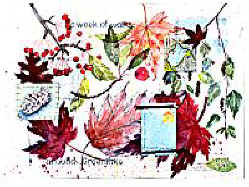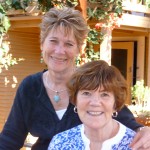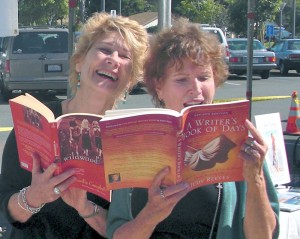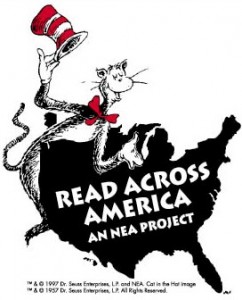Many years ago my friend Dian wrote a story titled “Around Green Lake,” about a woman who was contemplating suicide. The character walked around Seattle’s Green Lake thinking about her life and her desperate situation. Around and around the lake she went, thinking and thinking. The story got longer and longer as the character remembered more episodes from her life. In revise after revise, around and around the lake she went, until finally the story got to be a metaphor among our writing group for the whole rewriting process.
“I’m going around Green Lake again,” we’d say at our meetings, meaning, I’m still working on that same story. We’d bring page after reworked page to the group, every rewrite becoming more tortured as we each went around our own Green Lakes. Seasons changed, rains came, leaves fell. The occasional snowfall or ice storm, but each of us inexperienced writers continued slogging the well-worn path of our stories, revision after revision, in our futile attempts to make them “perfect.”
Ultimately some of these stories did die – euthanasia we said, rather than suicide. We figured it was more humane to kill them gently and with love, than to continue in our attempts to keep them alive with false metaphors, contrived plots, stilted characterizations. And, remarkably, some of those stories did survive, did get better. A few even saw publication, or at least a submission or two.
Looking back, these long, repeated trips around Green Lake weren’t wasted; they were important journeys in our writing and in our lives.
We learned to be patient with ourselves and with our writing, to occasionally stop and look up from the path and notice how the light fell through the trees. We learned to look at our work both close up—word-by-word, sentence-by-sentence—and from great distances. We learned to ask questions and to accept honest, thoughtful critique. We learned not to give up too soon, but to know when to stop, too, and to put a story away for awhile—weeks, months, and in some cases, years, until we could look at it with fresh eyes. This is how we learn to be writers. By writing. And by rewriting.
I don’t know what ever happened to Dian’s story about Green Lake. Serendipitously at an art exhibit one year, I came upon a lovely mixed media piece by artist Jane LaFazio titled, “A Week’s Walk Around Green Lake,” and purchased a print for Dian. It hangs in her writing room. (You can see more of Jane’s work at her website, PlainJaneStudio.) As for me, I have boxes and boxes of early stories and their revisions stacked in my garage, many drafts of a novel take up more space, as do the boxes of notebooks jammed with story-starts and character sketches and nubs of ideas. Who knows if any of them will see the revision pencil again. Maybe they’ll wind up in the recycling bin the next time I move. Or sent out in a flaming boat upon the waters of Seattle’s Green Lake.




